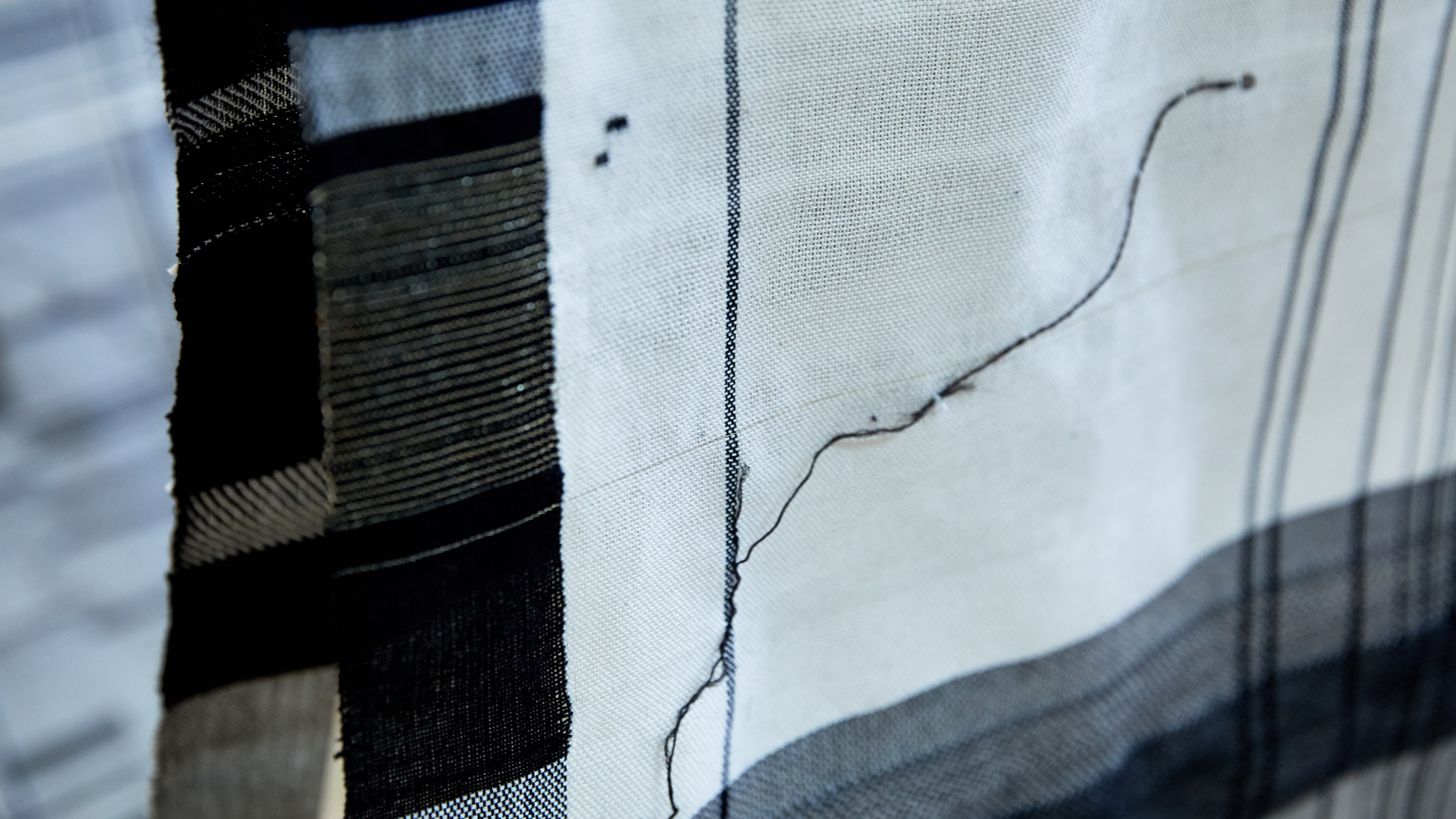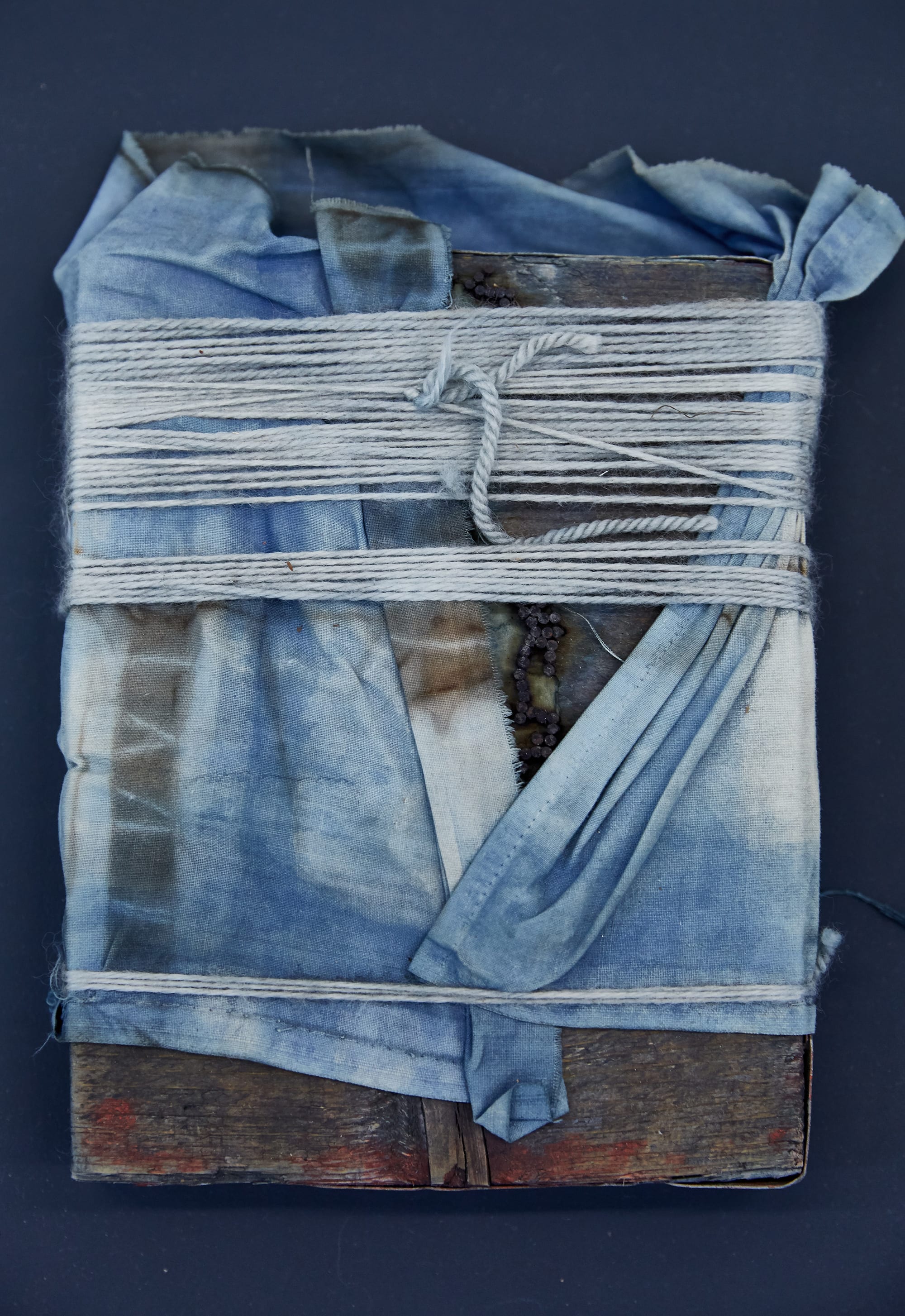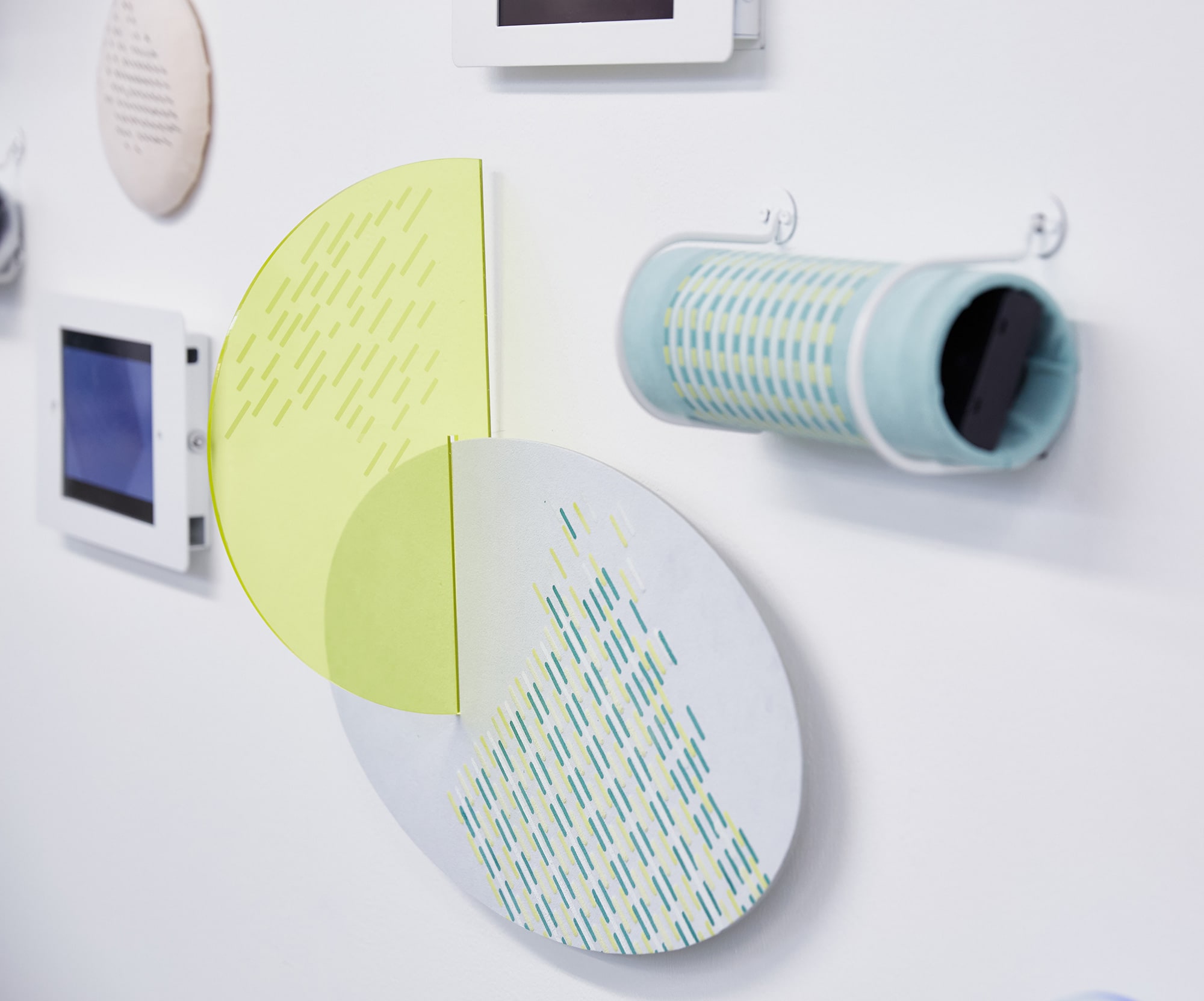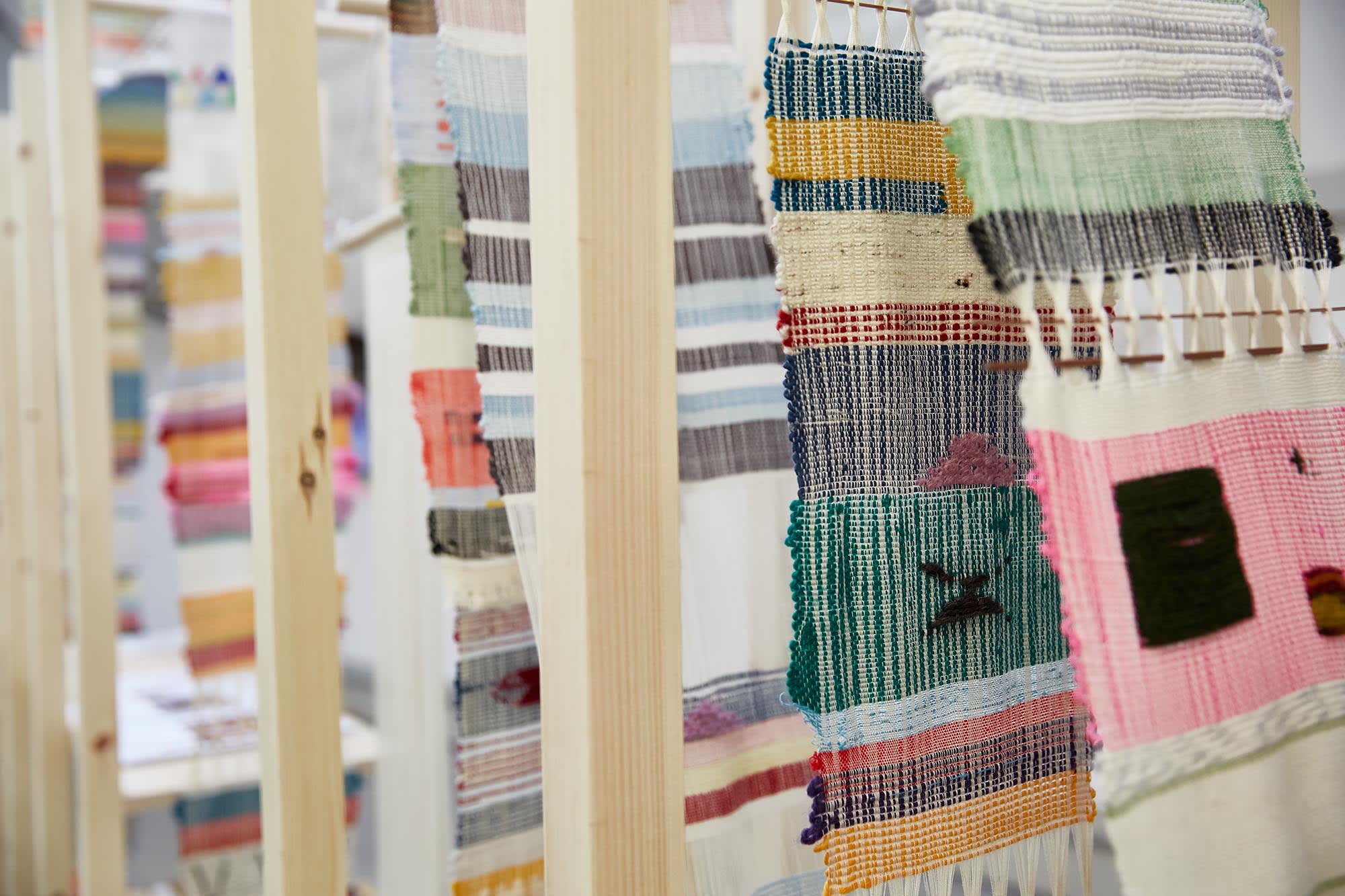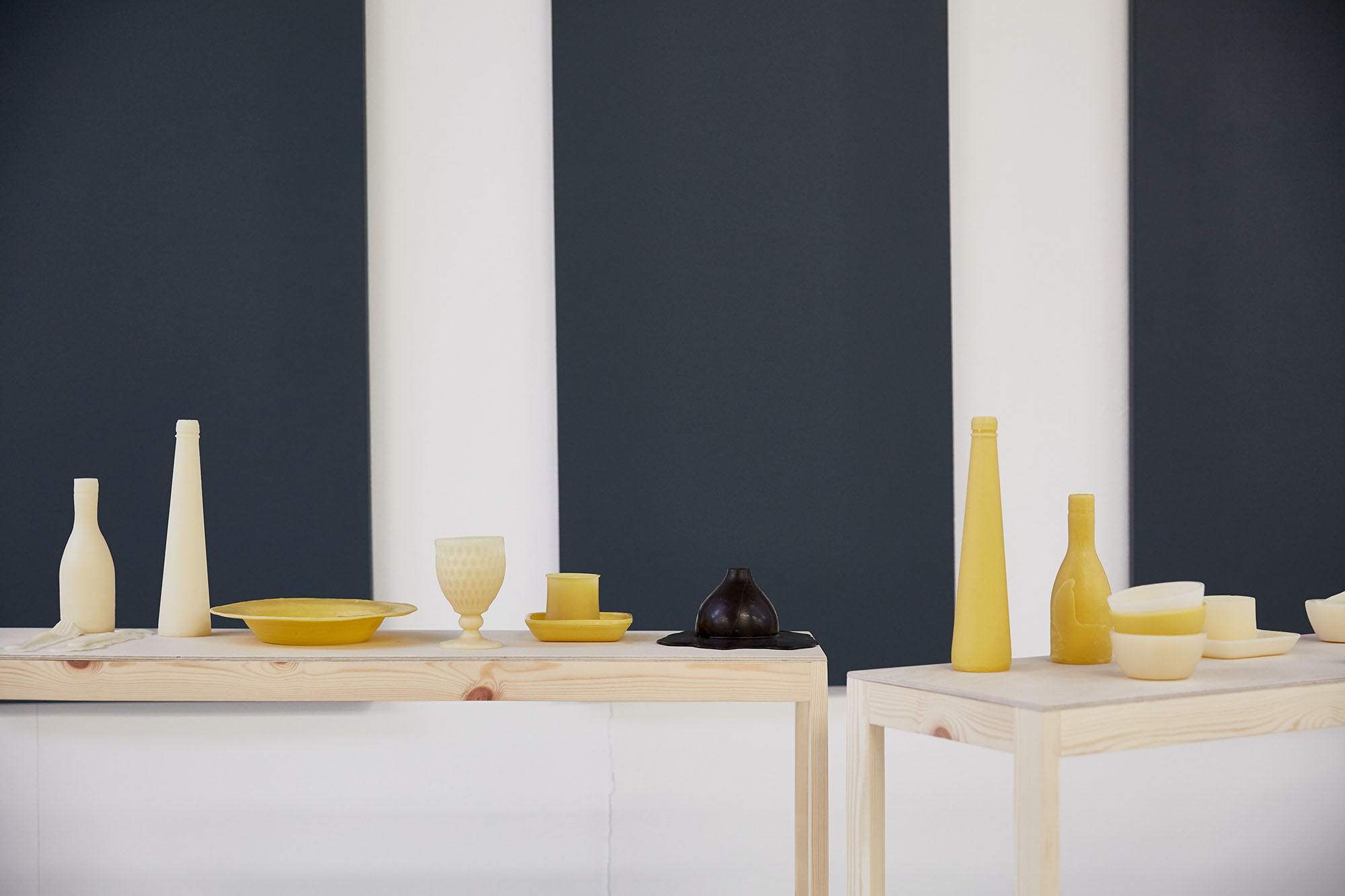Course units
Unit 1: Exploration and contextualisation
This unit is an introduction to your course, the College and the University. You'll have a series of technical inductions in the textile workshops. Talks and practical workshops introduce you to a range of ‘smart textiles’ approaches and technologies. These will also cover other relevant emergent technologies and design tools. You'll look at sensors, basic coding, programming pattern or image and using AI tools in design.
Group and individual research briefs will explore socially responsible, sustainable and ethical design. Issues will relate to climate, social and racial justice. These will help you define the direction of your creative practice. They'll also help you develop a considered and ambitious MA design project proposal. You’ll begin to locate your research and textile design studio practice. You'll explore ways to articulate research and textile design practice through writing.
Unit 2: Position and ideation
Positioning yourself as a designer you’ll reflect your research, professional and textile design practice interests. You'll develop your material knowledge and textile design ideas through experimentation and testing. You'll use the workshop equipment and resources, including smart textiles and emergent technologies.
You'll extend your knowledge of socially responsible and ethical approaches to design. You’ll refine your design project proposal. You'll develop your critical analysis skills and written work through your critical research paper. Support will be given to improve your communication and presentation skills.
Unit 3: Realisation and communication
The focus of the unit is on the production of your design project proposal. You’ll develop a portfolio and body of work. You'll extend your writing through the development of your critical research paper. Support is on hand to further improve your communication and transferable skills. You’ll position your research and design practice in professional contexts.
The unit will support you to further improve your communication and transferable skills. You'll develop your profile and professional networks in preparation for your next steps beyond the course.
